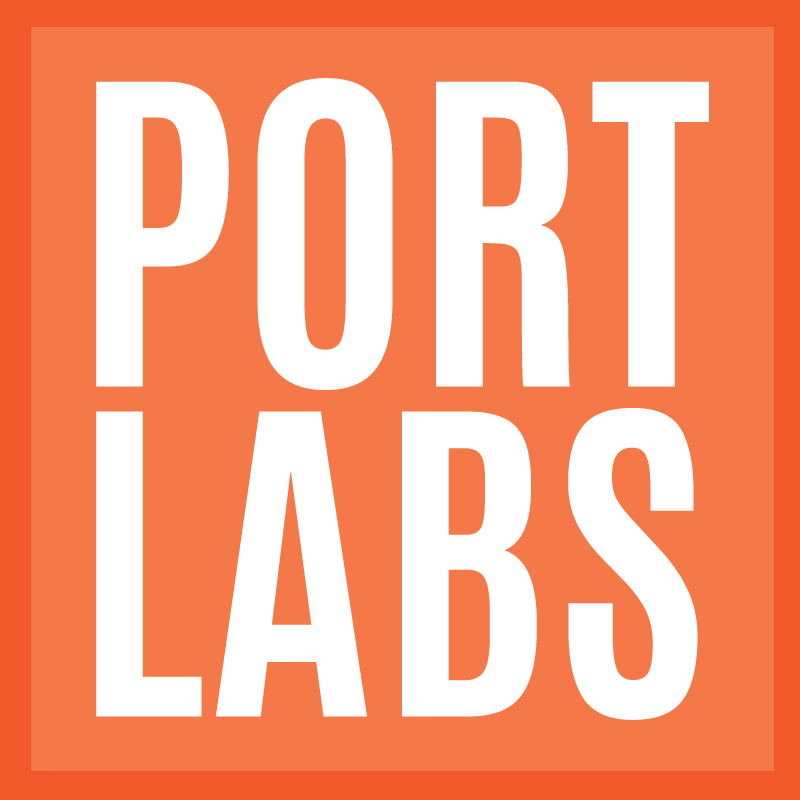Mobile Refuge Rooms - From Concept to Social Enterprise
OAKLAND 2054:
MAKING ALL WE NEED requires ALL OF US
Our incarcerated citizens are often missing from conversations which affect them. Support systems designed to help the incarcerated or formerly incarcerated are mostly designed by well-intentioned outsiders. The Mobile Refuge Room process is different.
Designing Justice+Designing Spaces came to us with a unique opportunity: help prototype an innovative approach to transitional housing, and create opportunities for learning and job creation as the product moved from idea to market. The more we heard about their project, the more intrigued we were.
Some backstory: DJDS formed a partnership with Center of Hope Community Church, Building Opportunities for Self Sufficiency, or BOSS, and the Alameda County Sheriff's Department to transform an underutilized former academy site in deep East Oakland into a campus that would host reentry and multi-generational transitional housing, supportive services and additional outdoor amenities.
DJDS went to work, in an area where they have deep experience. They solicited input from formerly incarcerated individuals as they designed a multi-use campus - one that looks very different from the norm. One of the innovations in their approach to transitional housing was a flexible partition system which serves as a safe and dignified space for residents: the Mobile Refuge Room.
DJDS needed a fabrication facility to help them take their basic design into a finished, customer-ready model. They wanted to involve formerly incarcerated people throughout the process, from feature design right through finished product. We immediately recognized this as a model Fab City project, with all the necessary parts to solve this innovative problem in a truly innovative way.
We engaged the team at the Laney College FabLab, along with a campus organization called Restoring Our Communities (ROC). ROC exists to serve the needs of formerly incarcerated students on Laney campus. Many of those students are recently released, some still living in similar transitional housing facilities. Using the prototyping skills of the FabLab, and the meaningful engagement of the ROC student community, we saw a special environment in which to move the project forward.
We served as the liaison between DJDS and Laney, and helped define the respective roles of each of the partners. The campus groups had not before been engaged on a project together; in fact, ROC students were generally unaware that the FabLab existed as a resource that they could take advantage of while attending school. We are supporting DJDS in aligning the process to the capacity and schedule of a community college. This is new territory for both of us.
DJDS facilitated a design workshop on Laney College Campus on February 22, 2019, and were happily surprised with the engagement of the ROC community and FabLab technical mentors. The session, by all accounts, helped to create a sense of empowerment on the part of the ROC students, who were not accustomed to being invited to create solutions in this way. We emerged from that session with several full-scale cardboard mockups of Refuge Rooms.
Additionally, we are excited about the potential opportunity to build the factory that makes Refuge Rooms, and that continues to train and employ formerly incarcerated Oaklanders. We are intimately involved throughout the design and prototyping process to ensure manufacturability at the right price point. We will provide equipment and space to enable this production.
We are working with all partners to tell this story to the general public, which will help ensure necessary funding and investment at all stages of the process. We feel fortunate that, in this time and this place, Oakland 2019, we have the conditions and visionary people that can create and follow through on an idea like this one. We are committed to the ultimate success and long life of this product, which can fill needs nearby and across the nation as we increasingly work to unwind our incarceration complex.

